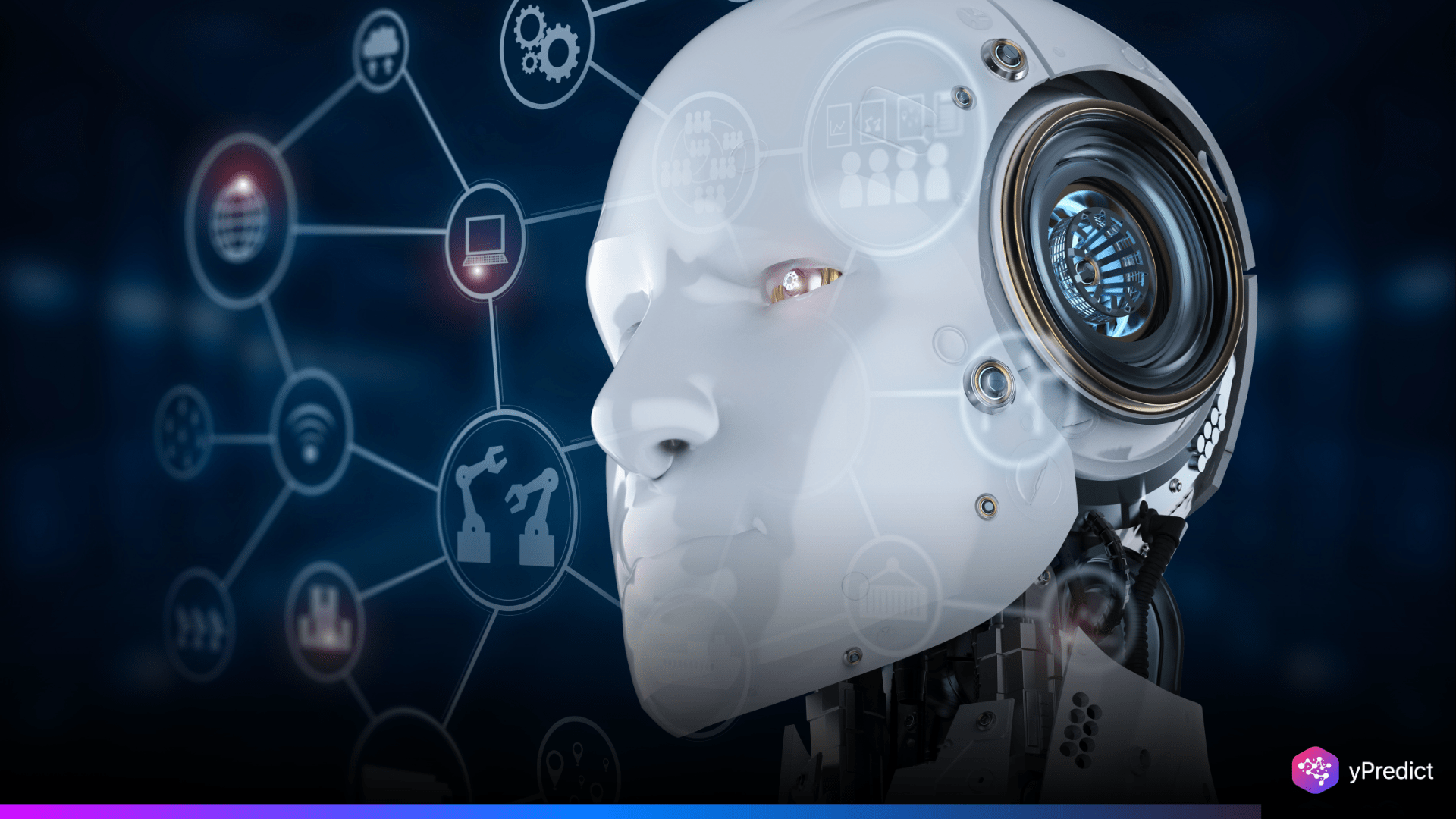
In the 1964 satirical classic Dr. Strangelove, Stanley Kubrick imagined a future where intelligence outran wisdom. The result? Catastrophe by logic. Today, we’re facing a similar paradox—not in nuclear warfare, but in the rise of cognitive machines. With Sam Altman, CEO of OpenAI, predicting that his children will never be smarter than AI, the need for ethical leadership in artificial intelligence has never been greater.
The Age of Self-Awareness
At the heart of Altman’s vision is a sobering idea: AI will soon outmatch us in every intellectual domain. But what it cannot do is be aware. AI can mimic thought, simulate emotion, even appear insightful—but it cannot possess presence. This is where emotional intelligence in the AI era becomes essential.
Human leadership must now shift away from a competition with machines and toward the development of qualities AI cannot replicate—discernment, empathy, and self-reflection. These aren’t soft skills. They are the hard edge of strategic advantage in a world of ambient intelligence.
AI as Mirror, Not Monster
During a car ride with his children, Vitale interacted with ChatGPT. One child asked curious questions; another poked fun at the bot. The exchange sparked a family debate: Should we be polite to AI?
This is why ethical leadership in artificial intelligence must focus not just on how we build AI, but how we behave around it. How we prompt, instruct, and treat intelligent systems shapes what they reflect back. That includes our children, our institutions, and our economies.
Leadership in the Age of AI
AI is moving fast—from novelty to necessity. Companies like Canva have already made layoffs tied to AI-driven efficiencies. Workers in media, law, design, and finance are starting to ask: Is my job next?
At a time when Australians are grappling with inflation, housing crises, and economic instability, AI and leadership intersect with urgent political and cultural realities. We must no longer treat this as a technological question alone. The stakes are economic, psychological, and existential.
Presence Over Productivity
In our real-world sequel, we must ensure the systems we design reflect our best selves and not just our cleverness, but our conscience. In a world where machines can do almost everything except be, our true edge lies in presence.
To lead in the AI age is to reclaim what makes us human—not to outthink machines, but to outgrow them in wisdom, ethics, and self-awareness.





